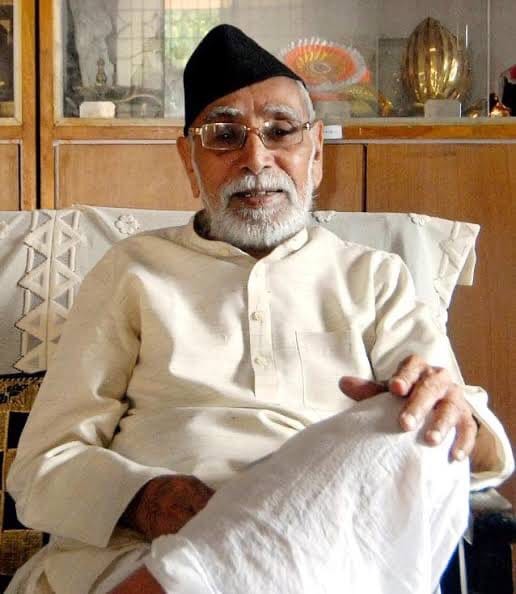![]()
The Delhi Govt resolution though not binding, will go against the federal spirit. The Delhi Chief Minister, a self claimed anarchist, exploiting the immunity, had resorted to tearing of the copies of the three Farm Laws is highly condemnable. He has done so, soon after the Delhi Govt had notified the Union Farm Bills in its official Gazette.
The suggestion of the SC to the Union Govt to “hold” the implementation of the Farm Bills is unfortunate and amounts to infringing the authority of the constitutionally constituted Govt. Majority of the farmers all over the country accepted that the new reforms are beneficial. Only vested interests in Punjab, with the active support of the state Govt., oppose the bills. They blocked the movement of passenger and goods trains in the state for over two months , only lifted when it hurt them holding movement of food grains procured. Now they have shifted to the National Capital Region choking supplies to the two crore population. Further, this blockade also affected the interstate movement of goods. It is unfortunate the SC has only upheld the right of the fringe group to express their descent. This group, like the last year’s anti-CAA cabal, wants nothing less than the “repeal” of the constitutionally passed laws that benefit millions. The SC also failed to note the Punjab state govt, whose farmers protest now, in fact, enacted , in a special session, new farm laws to benefit the state farmers. It has also failed to recognize that the Centre’s repeated oral and written offer to amend the laws was rejected by the agitating farmers. Every party that opposes the reforms had clamoured, time and again, for such reforms. Some parties had included these reform in their election manifestoes.
No govt in independent India, implemented/passed bills, for the benefit of farmers and rural population like the present govt. Fertiliser and other farm input supply at no extra cost and made available on time. Direct cash transfer has eliminated pilferage and middlemen. Cash assistance to small farmers, kisan credit cards, insurance at no/minimal premium to crops from the time of sowing to harvest, including farm implements, pension to small/marginal farmers at heavily subsidized premium are provided. Apart from this, better rural infrastructure, power, health services, housing, etc., were also implemented in the last six years.

